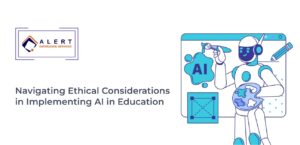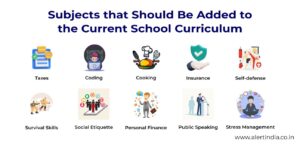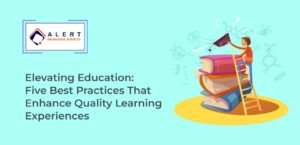Subjects that Should Be Added to the Current School Curriculum
- 2 Minutes read
- Web Admin

In the ever-evolving landscape of education, the traditional subjects offered in schools often fall short in preparing students for the challenges of the modern world. As we march towards a future shaped by technology, globalization, and diverse societal needs, it becomes imperative to expand the scope of the school curriculum to include subjects that equip students with essential life skills. Here, we advocate for the inclusion of subjects like coding, cooking, insurance, basic home repair, self-defence, survival skills, social etiquette, personal finance, public speaking, and stress management into the current school curriculum.
 CODING
CODING
In an era dominated by technology, coding has become a fundamental skill. Introducing coding at an early age fosters computational thinking, problem-solving abilities, and creativity. It lays the groundwork for future careers in fields such as software development, data analysis, and robotics.
 COOKING
COOKING
Nutrition and culinary skills are vital for maintaining a healthy lifestyle. Teaching cooking basics in schools not only promotes healthier eating habits but also cultivates independence and resourcefulness among students.
 INSURANCE
INSURANCE
Understanding the fundamentals of insurance is crucial for financial literacy. Students should be educated about various types of insurance (health, life, property) and their significance in mitigating risks and protecting assets.
- Basic Home Repair:
Empowering students with basic home repair skills instills a sense of responsibility and self-sufficiency. From fixing a leaky faucet to repairing electrical outlets, these skills are invaluable for everyday life.
 SELF-DEFENSE
SELF-DEFENSE
Equipping students with self-defense techniques fosters confidence and personal safety awareness. It empowers individuals to protect themselves in potentially threatening situations and promotes a culture of respect and boundary-setting.
 SURVIVAL SKILLS
SURVIVAL SKILLS
Basic survival skills, including first aid, wilderness navigation, and emergency preparedness, are essential for navigating unforeseen circumstances. These skills not only promote resilience but also instill a sense of adaptability and resourcefulness.
 SOCIAL ETIQUETTE
SOCIAL ETIQUETTE
Understanding social norms and etiquette is critical for effective communication and building interpersonal relationships. Teaching social etiquette fosters empathy, respect, and cultural awareness, preparing students for success in diverse social settings.
 PERSONAL FINANCE
PERSONAL FINANCE
Financial literacy is key to making informed decisions about money management. Introducing concepts like budgeting, saving, investing, and understanding debt empowers students to navigate the complexities of personal finance responsibly.
 PUBLIC SPEAKING
PUBLIC SPEAKING
Effective communication is a cornerstone of success in both personal and professional realms. Teaching public speaking skills cultivates confidence, articulation, and persuasive abilities, essential for expressing ideas and influencing others.
 STRESS MANAGEMENT
STRESS MANAGEMENT
In today’s fast-paced world, stress management is a critical skill for mental well-being. Educating students about stress triggers, coping mechanisms, and mindfulness techniques equips them with tools to navigate stressors and promote resilience.
Integrating these subjects into the school curriculum not only enhances the educational experience but also equips students with practical skills for life beyond the classroom. However, implementing such changes requires a holistic approach involving curriculum reform, teacher training, and stakeholder engagement. By prioritizing the inclusion of these subjects, we can ensure that education evolves to meet the evolving needs of students in the 21st century.











